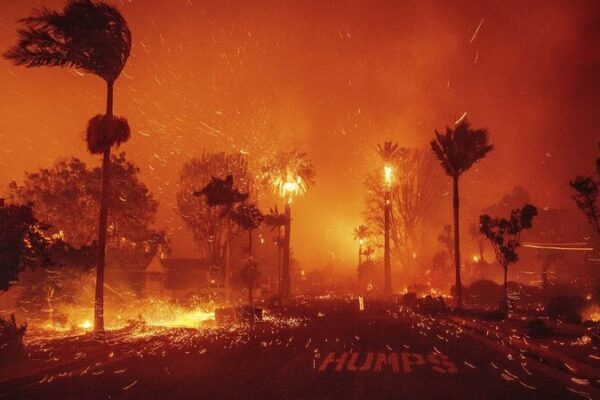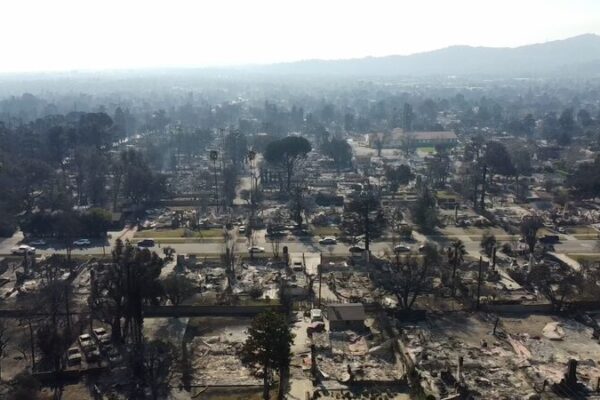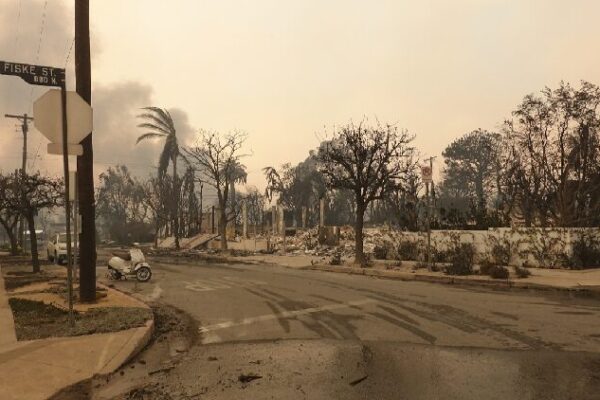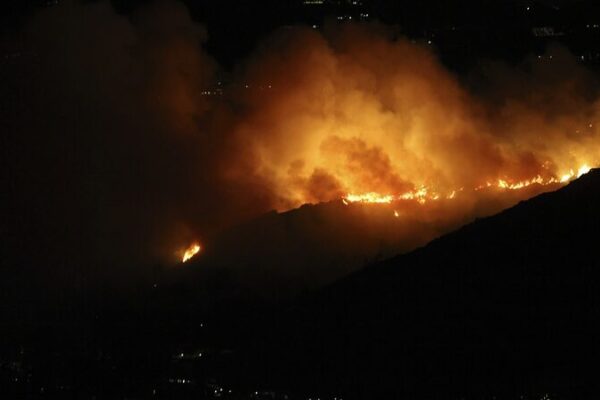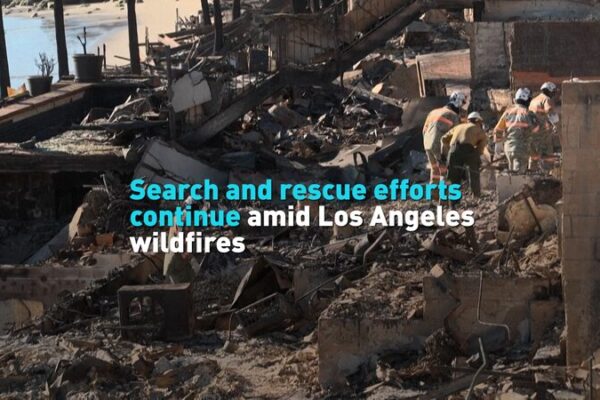The devastating wildfires raging through southern Los Angeles and surrounding areas have caused destruction on an unprecedented scale. According to Reuters, the estimated cost of the damage has soared beyond $20 billion. But as families grapple with the loss of their homes and communities, another crisis looms on the horizon.
The US home insurance industry is failing to support those most affected. In high-risk areas prone to natural disasters, many insurance companies are withdrawing coverage due to the escalating compensation risks. This leaves countless homeowners without a safety net just when they need it most.
This troubling trend isn’t confined to California. Across the country, residents in vulnerable regions are facing similar challenges. A report by CBS warns that the widespread withdrawal of insurance coverage could lead to massive property devaluation. Homes without insurance become financial liabilities, and this depreciation could ripple through the economy.
Some experts fear this could trigger a financial crisis reminiscent of 2008. Without intervention, the combination of uninsured properties and declining real estate values might undermine the stability of financial institutions and the housing market.
“We’re witnessing a perfect storm where environmental disasters are intersecting with financial vulnerabilities,” says economist Maria Lopez. “If we don’t address the underlying issues promptly, the impact could be felt nationwide.”
The situation highlights the urgent need for systemic solutions. Addressing climate change, reinforcing infrastructure, and reforming insurance policies are critical steps to prevent a potential economic downturn.
As communities rebuild and brace for the future, the question remains: Can measures be implemented in time to avert a financial disaster?
Reference(s):
cgtn.com


